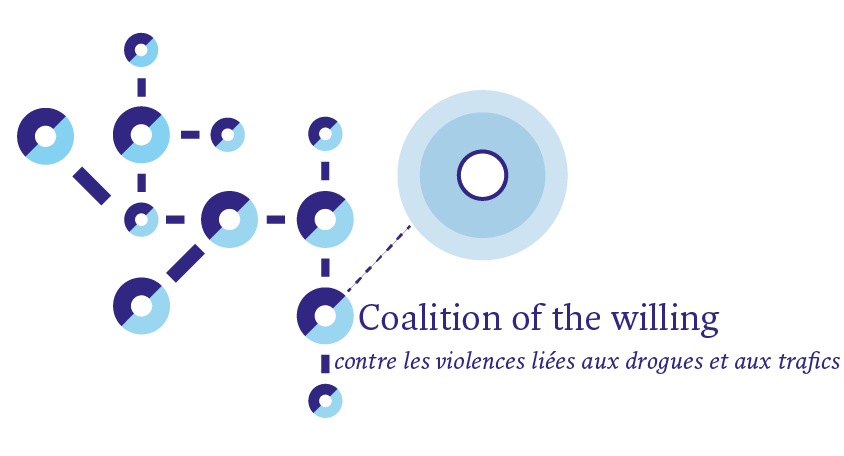By nature international, agile and capable of swiftly adapting and expanding, organised crime has a direct impact on local territories and is prevalent even in places that have long considered themselves safe. The infiltration of illegal activities into the public sector and the creation of illegal markets have a direct impact on local territories’ economic and social health. A great number of European local and regional governments are increasing their efforts to protect their citizens as well as local administrative, economic and democratic processes against organised crime and its repercussions.
Since December 2019, Efus has been coordinating a working group on ‘the local roots and impacts of organised crime’, which is led by two member cities, Amsterdam and Rotterdam (Netherlands). The group seeks to adapt local prevention policies to the characteristics of organised crime, in particular the fact that it is transnational; to curb the impact of illicit money flows on local security and public order; to develop adapted evaluation tools; to facilitate the transfer of promising practices among cities; to work on the impact of organised crime on European port cities, and lastly to strengthen the prevention of human trafficking.
> Recommendations from the 2025 Security, Democracy and Cities manifesto
> Reports from the 2024 Security, Democracy and Cities conference
– Global drug trafficking, local impacts and responses
– Local roots and impacts of organised crime
– How to use the administrative approach to reduce the impact of organised crime at the local level
European cooperation project
Publications & Ressources
- Trafficking in Human Beings – International Knowledge and Local Practices (Efus 2007)
- Women Victims of Trafficking for the Purpose of Sexual Exploitation and Transborder Cooperation (Efus 2003)
- Local Approach to Organised Crime (Efus 2000)
- Cities and Places of Trafficking in Human Beings for the Purpose of Sexual Exploitation (Efus 1999)

Practice sheets
Discover the actions implemented in communities across Europe through our summary documents, which present the key elements of each of these initiatives, including their context, objectives, activities, budget, evaluation. If you are interested, please contact contact@efus.eu.


